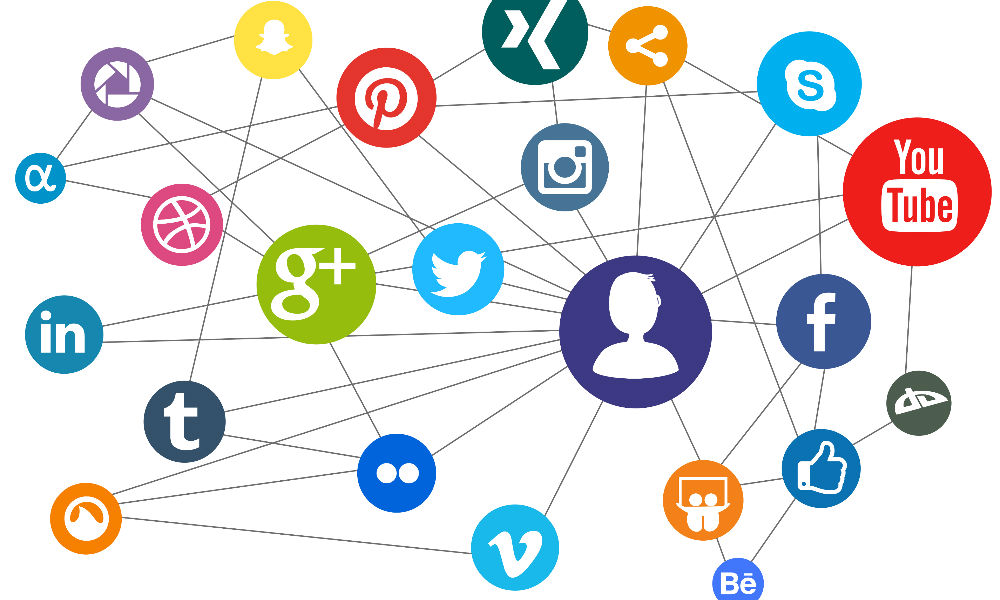
Is it time to protest the platform?
by Alishba Chohan
Editor update: This article was selected as winner in our 2018 Blog Prize. Congratulations Alishba.
You probably brush your teeth with a multinational conglomerate; hear from friends through a tech giant and drive using a horizontally integrated car firm. That is because corporations, those powerful social and economic institutions, have become embedded in our modern lives.
We occasionally like to ask whether this is right, whether society should allow corporations to have more power and influence than our governments. We take to Twitter, rant on Facebook and document on Snapchat. As will be noted here, this sometimes leads to mobilising at a physical protest, too. After all, only our governments are (democratically) elected, and only they are designed to maximise social welfare, so upholding them against the motives of corporations doesn’t seem like a bad idea.
Rightly or wrongly, corporations will always pursue profit. That is their nature, their design and it is wonderfully predictable. It is why economists are always quoted as saying that profit maximisation is the ‘aim’ of a corporation, because it is what evidence predominately suggests – not what economists prescribe corporations to do.
The power struggle between corporation and government has been a key question ever since the late 17th century, Bakan (2005: 6), and has returned with a new vengeance since neoliberal economic ideologies became the norm in our globalising world. Ever since the deregulation days of Thatcher and Reagan. The result has been that corporations have been afforded more powers, either by direct deregulation or indirectly as King and Pearce (2010: 252) explain: state regulation simply has less influence when it is easy for corporations to move abroad.

Police prepares to clear the camp (photo: Seth Wenig)
You may remember the social movement of Occupy in 2011, a collection of protests that questioned this power. It was stirred up after the financial crisis of 2008, subsequent bank bailouts by taxpayers and widespread economic hardship for the ‘99%’ versus the wealthiest ‘1%’ (this by no means being an exhaustive list of reasons). But if we do consider the economic view, the share of US income that the top 1% of the population held was 23.5% in 2007, compared to only a 9% share in 1976 (Castells, 2012: 157). Castells (ibid) also shows that wage growth was not in line with productivity growth because it was the top 1% of the population who benefitted from 58% of economic growth in the decades preceding the financial crash. So, time to mobilize then, when those who had not benefitted from the prosperity suddenly had to bail out those they deemed responsible for its demise.
Since the Occupy movement and others like it, we’ve certainly began a new, online, relationship with these powerful corporations. But it seems we’ve found ourselves standing on one to protest the very same thing.
From the works of Castells (2012), the evidence of the use of social media platforms used during Occupy Wall Street was widespread, and one of the first instances of social media underpinning physical protests. Tumblr, humanizing the events with personal stories of hardship, and Facebook, particularly livestream when other platforms were shut down, were two examples that facilitated the spread of Occupy and its continuation beyond the physical protests (ibid). This is what Castells deemed a ‘Network Movement’: the public mobilising online and ultimately coming together physically, too – both elements reinforcing each other throughout.
Though Occupy seemed decentralised, with no leader or clear aims, the movement was far from faceless thanks to social media. Different socioeconomic backgrounds, races and creeds documented their protest (so long as they wanted to go on screen).
What to do then, when we must challenge the very platform we’ve been using? Social media firms have evolved into huge corporations, but paradoxically, they remain the platforms on which to protest corporations.
Facebook was the first to come under fire in recent weeks, with founder Mark Zuckerberg in the hot seat. His company is being challenged for its data privacy stance and lack of responsibility for the potential influence it has had on elections and referendums.
At one point a US senator enquired about sending an email over WhatsApp and it was then I realised that for all the good intention, our politicians are slightly ill-equipped to interrogate this new form of corporation. That, and the fact that Zuckerberg must have paid big bucks for PR training because he didn’t laugh or cry once.
Facebook remaining a symbol (or scapegoat) for the whole tech scene is fine initially, but to ensure that our data is not being appropriated in the same way that the bankers of 2008 appropriated our economic growth and personal finances, we must execute our investigations better than we have so far.
For some, social media may not even make as much difference as we think, in protests or elections, but it strikes me as more of a fuel and accelerant to change in public opinion, rather than the ignition. It certainly should not be underestimated. Perhaps this is why Saudi Arabia has supposedly populated a substantial section of twitter with its own security services and pro-government rhetoric, in the wake of the Arab Spring movement. The Arab Spring was of course yet another ‘Network Movement’, but one that seems to have contributed directly to regime changes.
Keeping up the contentiousness of markets that King and Pearce (2010) outline has become easier with social media. Markets and broad macroeconomics have become the remit of everyday consumers, concerned about what is happening to their place in the world. It facilitates the so-called “double-movement” of consumer and citizen against the natural turns of the market, (ibid: 251). But this becomes difficult when the gripe is with the platform. Therefore, we perhaps need to turn to another institution rather than that of civil society and its social media to protest.
Economies are changing, and our governments need an update. We already know what corporations seek: profits, to generalize. What has not been accomplished is the role of our governments, that other institution that seems to have been lying low under the premise of neoliberalism.
Governments are a social institution we need to use more effectively to enact change – whether that is to regulate Facebook, or do nothing at all – after we, the public, properly investigate. As for citizens, it is likely that the onus will simply end up on the individual to decide whether they want to exchange their data to access a social media platform. But, maybe social movements will take a turn offline and face this new tech challenge with a boycott in addition to government action.
Whichever we choose, we should be ready to protest – even the platform we stand on.
References
King, B., & Pearce, N. (2010). The Contentiousness of Markets: Politics, Social Movements, and Institutional Change in Markets. Annual Review of Sociology, 36, 249-267.
Castells, M. (2012). Networks of outrage and hope: Social movements in the internet age. Cambridge: Polity.
Bakan, J. (2005). The Corporation: The pathological pursuit of profit and power. London: Constable.

0 Comments